A humpback whale missing its tail fluke has been spotted off the coast of Washington state, with drone footage capturing the heartbreaking sight. The whale, named Catalyst, was first observed on July 5 and has since traveled about 370 miles despite its severe injury, according to Live Science.
Drone Captures Whale’s Struggle
On July 23, a drone recorded Catalyst off Lopez Island, revealing the extent of its injury. The footage shows the whale attempting to dive and using its pectoral fins to propel itself through the water.
“It’s very disturbing,” said Jessica Farrer, lead responder and research director at The Whale Museum in Friday Harbor. “It’s such a big majestic animal and it’s missing a very important part of its body and on some level we know that we are the ones — humans that is — that caused it.”
Adapting to Survive
Despite missing its tail fluke, Catalyst has shown remarkable resilience. Farrer noted, “It was traveling at a normal speed, around 3-4 knots [3.5 to 4.5 mph, or 5.5 to 7.5 km/h], it was diving and it was doing what humpbacks do, and it managed to make it from Campbell river all the way down to the San Juan islands.”
However, experts believe the whale’s long-term survival prospects are grim. Without its tail fluke, Catalyst will struggle to forage efficiently and migrate, likely leading to starvation or exhaustion.
Human Impact on Marine Life
The incident highlights the devastating impact of human activity on marine life. Entanglement in fishing gear is a significant threat to whales worldwide, with an estimated 300,000 whales dying annually due to such incidents.
DroneXL’s Take
This tragic story underscores the vital role drones play in marine conservation efforts. By providing aerial footage of injured Wildlife, drones enable researchers to assess and monitor situations that would otherwise be challenging to observe. As we’ve seen in recent Drones for Good articles, unmanned aerial vehicles are increasingly being used for wildlife tracking and conservation efforts. This case further emphasizes the need for responsible fishing practices and highlights how Drone Technology can contribute to our understanding and protection of marine ecosystems.
Photo courtesy of Spencer Fire/The Whale Museum
Discover more from DroneXL
Subscribe to get the latest posts sent to your email.
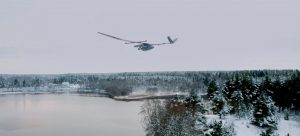
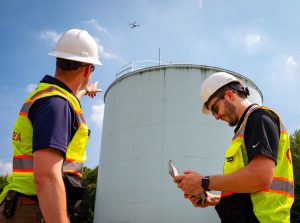



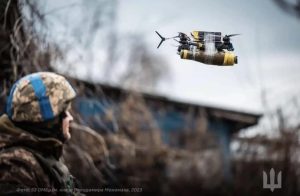


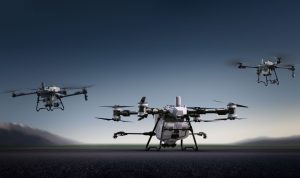
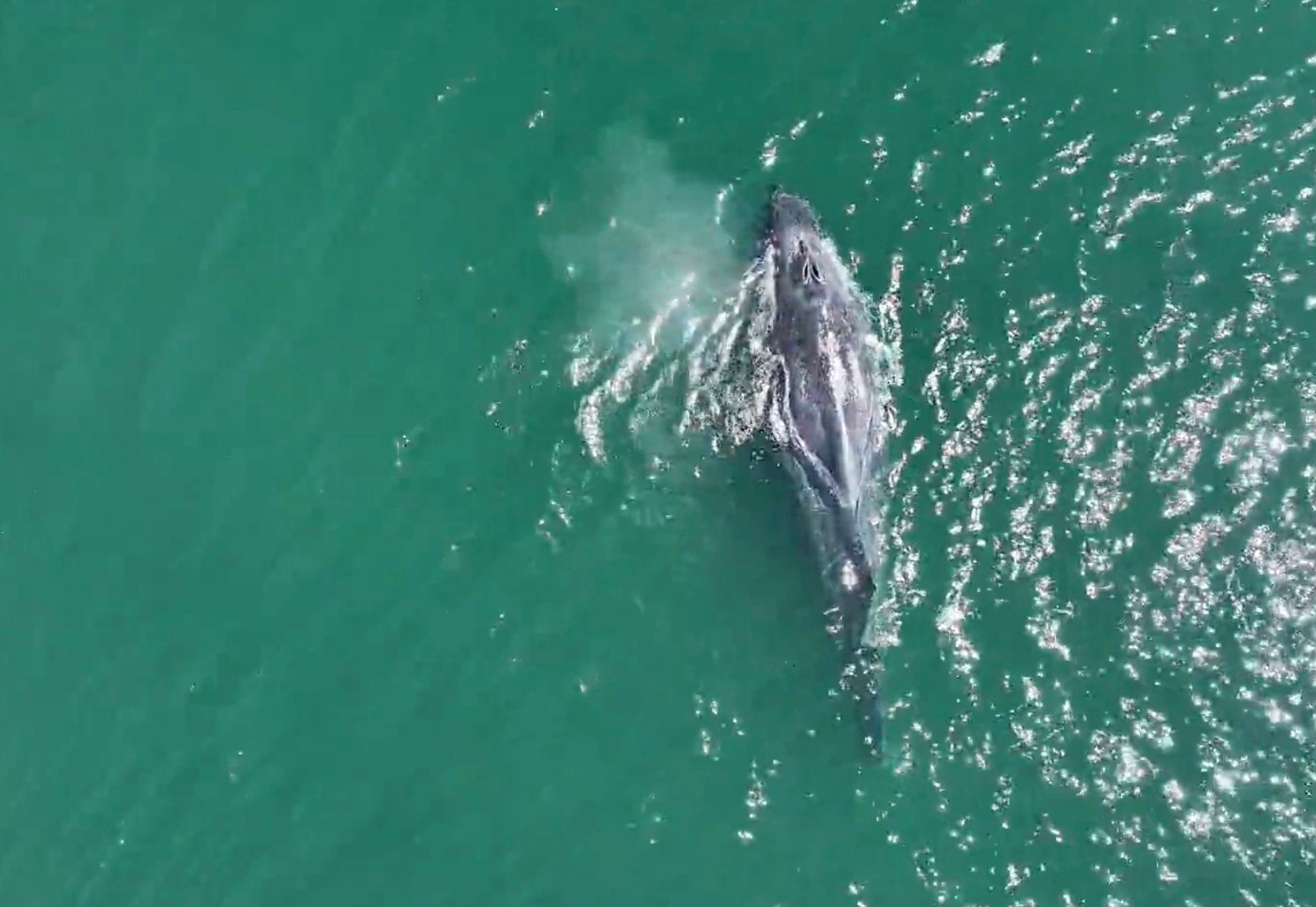
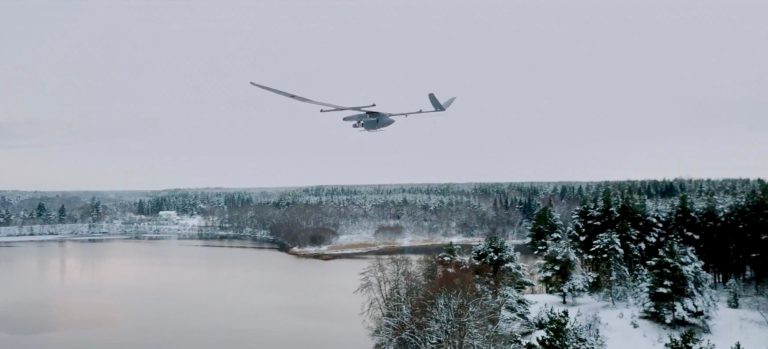
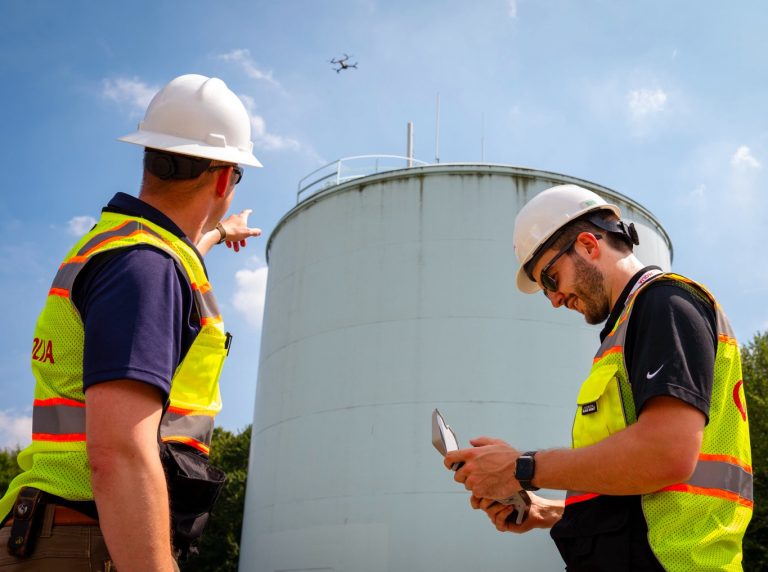

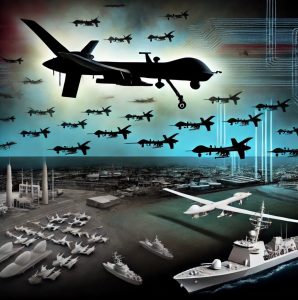
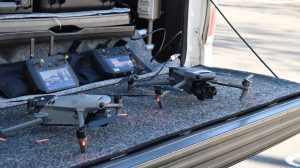


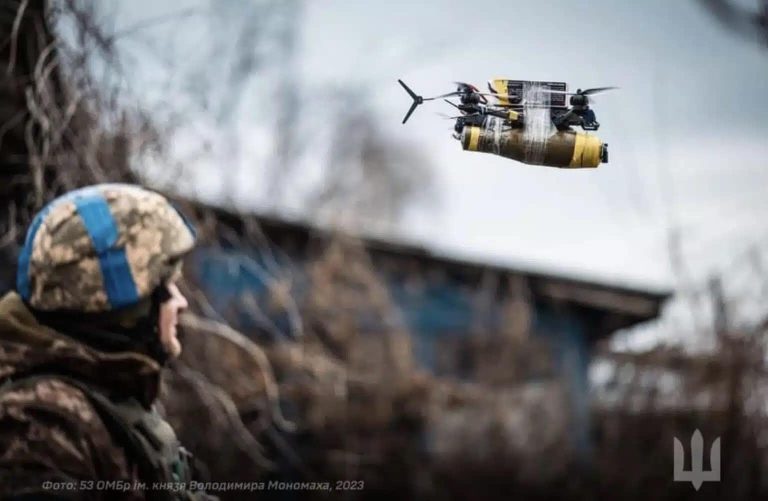


+ There are no comments
Add yours